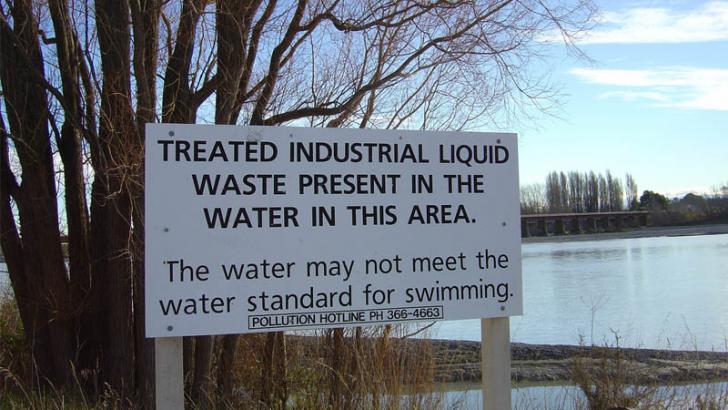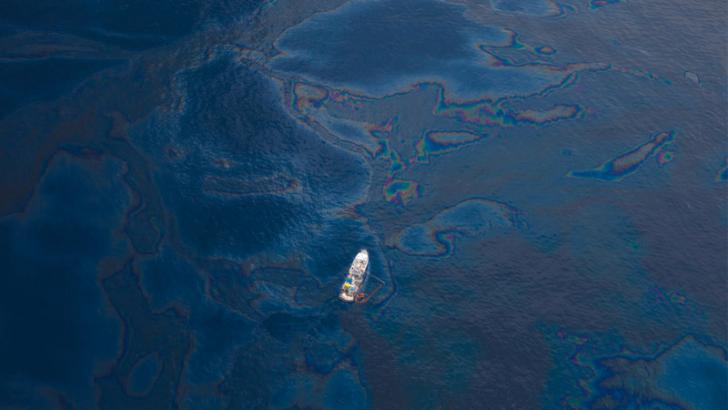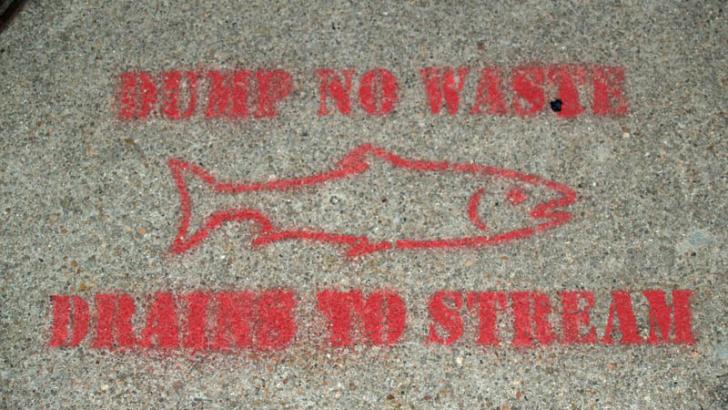You wouldn’t think you could kill an ocean, would you? But we’ll do it one day. That’s how negligent we are.
― Ian Rankin, Blood Hunt
Water is a vital resource required for survival of all kinds of life forms found on the earth. Pollution of this resource threatens the existence of life.

The contamination of water resources by the introduction of unwanted substances from human activities is known as water pollution.
According to WHO, water borne diseases cause around 1.8 million deaths in a year, out of which 88% is because of unsafe drinking water supply and lack of sanitation.
The quality of drinking water is assessed by the number of coliform bacteria found in a 100 ml of water sample. According to WHO, the recommended count of coliform bacteria for drinking water is 0 colonies in 100 ml.
There are several pollutants that pollute our waters. Disease causing agents known as pathogens such as bacteria and viruses is one of them. They enter the water via household sewage and excretions from humans and animals.
Contaminants also include organic -that require aerobic bacteria to decompose- and inorganic wastes. Detergents, insecticides, herbicides, petroleum products, volatile organic compounds, etc. are organic pollutants and water soluble nitrates, chemical waste, fertilizers containing phosphates, heavy metals, and runoff sediment are inorganic water pollutants.

These pollutants are introduced into our water resources from sources such as industrial waste, oil pollution, sewage disposal, marine dumping etc. Waste from manufacturing industries, waste treatment plants, refineries etc. are direct sources of water pollution. Rain water runoff and contaminants entering groundwater are indirect sources.
[Related Reading: Causes and Sources of Water Pollution]
There are various sources of water pollution and consequently there are also different types of water pollution.

Water pollution affects all of us. The contamination of our valuable water resources is a serious environmental concern as it can have devastating outcomes for living beings and their ecosystems. It is a pressing problem for countries all over the world and a major cause of death in several countries.There are various adverse effects of water pollution. Water pollution endangers our drinking water supply and threatens the survival of aquatic life.
It has been estimated that around 663 million people have no access to improved drinking water sources in 2015. A majority of these people live in Southern Asia and sub-Saharan Africa. 70% of the untreated waste from industries in developing countries are dumped directly into waters. There are many other such facts about water pollution and the direct impact of it on humans and world around.
Every one of us is responsible for the pollution of water resources and hence it is our moral duty to prevent and control water pollution. There are several practical solutions that we can use to minimize the current status of water pollution. Prevention is the foremost action necessary to be taken to solve the problem of water pollution. Choices can be made even at a personal level to reduce water pollution.
